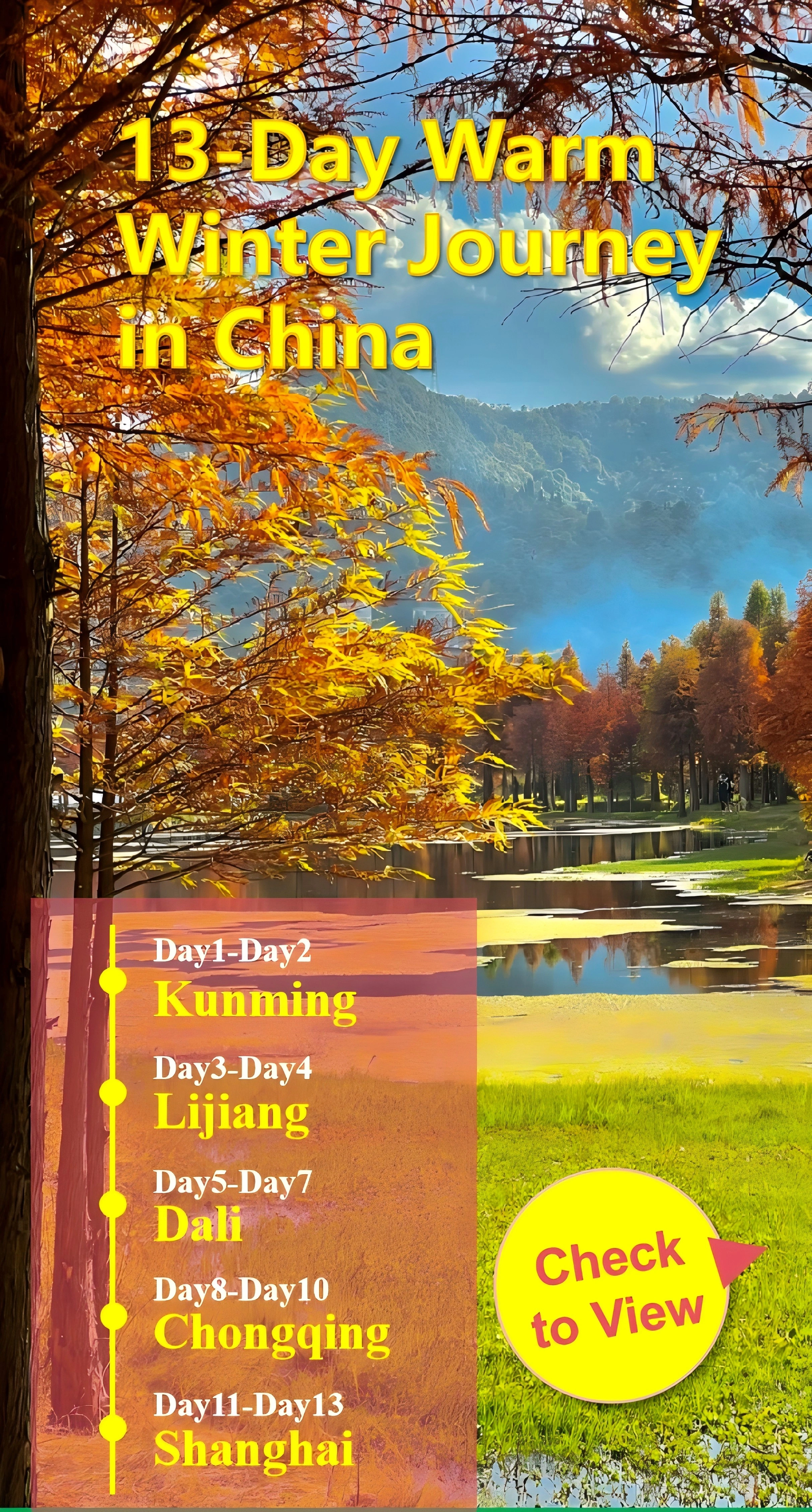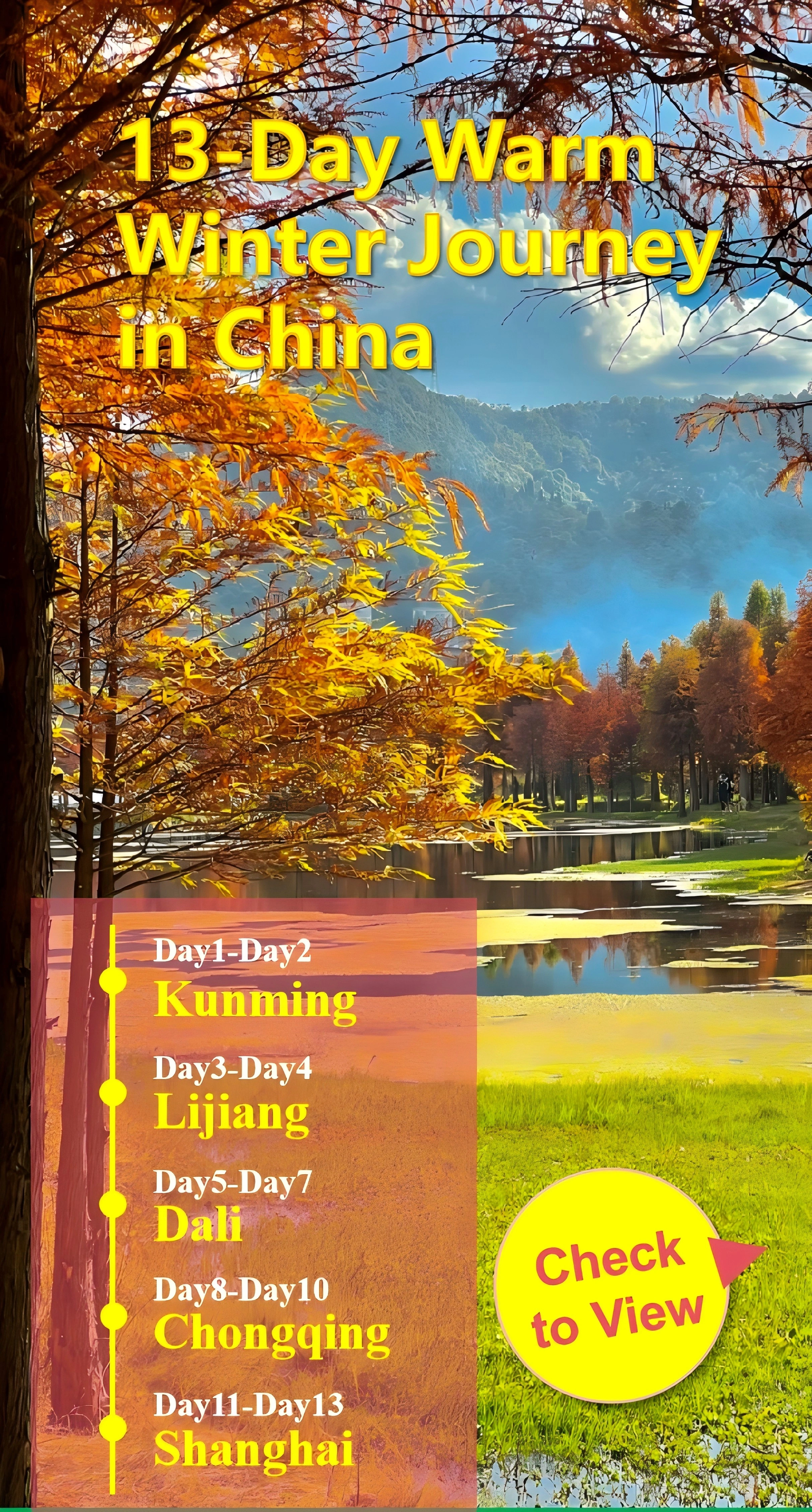Cultural Etiquette and Taboos in Chengdu: A Guide for International Travelers
Respect Chengdu’s culture by greeting with a smile, using both hands for gifts, avoiding chopstick taboos, dressing modestly at temples, and embracing local customs like tea refills and hotpot etiquette to ensure harmonious interactions.
Chengdu, a city steeped in history and tradition, offers visitors a vibrant blend of Sichuanese culture, teahouse charm, and modern energy. To ensure respectful interactions and avoid unintentional offenses, understanding local customs is key. Below is a structured guide to navigating cultural norms, social etiquette, and common taboos in Chengdu.
1. Greetings and Social Interactions
Formal Greetings
- A simple “Nǐ hǎo” (Hello) or “Zǎo shàng hǎo” (Good morning) suffices in most settings.
- Handshakes: Common in business or formal contexts, but wait for the other person to initiate. A slight nod or smile is acceptable among friends.
- Avoid: Overly casual gestures like backslapping or hugs, which may make locals uncomfortable.
Addressing Others
- Use “Xiān shēng” (Mr.) or “Nǚ shì” (Mrs./Ms.) followed by the surname (e.g., “Lǐ xiān shēng”).
- Elders are addressed with “Ā yí” (Auntie) or “Shū shu” (Uncle) as a sign of respect, even if unrelated.
2. Dining Etiquette
hotpot and Shared Meals
- Order of Cooking: Wait for the host or eldest person to start cooking ingredients in the Hotpot broth.
- Chopstick Rules: Never point chopsticks at others, stick them upright in rice (resembles funeral rites), or pass food directly from your chopsticks to another’s (use communal plates instead).
- Toasting: When raising a glass, say “Gān bēi!” (Cheers!) but avoid finishing the drink if you can’t handle alcohol—a polite refusal (“Bù néng hē”) is accepted.
Street Food and tea Houses
- Slurping Noodles: Acceptable and even encouraged—it shows enjoyment!
- Tea Refills: If someone pours tea into your cup, tap the table twice with two fingers as a silent “thank you.”
3. Gift-Giving Customs
- Occasions: Bring small gifts (e.g., fruit, snacks, or tea) when visiting a local’s home. Avoid overly expensive items, which may cause embarrassment.
- Packaging: Present gifts in red or gold wrapping (symbols of luck). Never give clocks, scissors, or pears, as they symbolize death or separation.
- Receiving Gifts: Accept with both hands and open later (not in front of the giver, unless insisted).
4. Respecting Elders and Hierarchy
- Seating: In family gatherings or formal events, the eldest or most senior person takes the “head seat” (facing the door).
- Topics to Avoid: Never criticize someone’s age, weight, or marital status. Complimenting children’s intelligence or appearance is welcome.
- Assistance: Offer seats to elders on public transport, but don’t insist if they decline politely.
5. Religious and Historical Sensitivity
Temples and Shrines
- Dress Code: Cover shoulders and knees when visiting places like Wenshu Monastery or Qingyang Palace. Remove hats and sunglasses indoors.
- Photography: Ask permission before photographing monks or rituals. Never touch Buddhist statues or relics.
- Offerings: If lighting incense, hold it with both hands and bow slightly. Avoid walking directly in front of someone praying.
Historical Sites
- At attractions like Jinli Ancient Street or Du Fu Thatched Cottage, refrain from loud conversations or sitting on historical structures.
6. Communication Taboos
- Direct Refusals: Instead of saying “no,” use phrases like “Méi wèntí” (No problem, but implying reluctance) or “Wǒ kàn kan” (I’ll consider it).
- Personal Questions: Avoid asking about income, property, or relationships unless invited to do so.
- Public Criticism: Never openly complain about China or Chengdu’s politics, food, or culture. Compliments (“Chéngdū zhēn měi!” – Chengdu is beautiful!) foster goodwill.
7. Business Etiquette (If Applicable)
- Exchange Cards: Present business cards with both hands, and study them briefly before storing. Never write on a received card in front of the giver.
- Punctuality: Arrive 5–10 minutes early for meetings. Traffic delays are common; a quick apology (“Duì bù qǐ, jǐng chá” – Sorry, traffic) suffices.
- Negotiations: Be patient and avoid aggressive bargaining. Building rapport (e.g., small talk about tea or pandas) precedes business discussions.
Conclusion
Chengdu’s warmth and hospitality shine through when visitors embrace local customs with curiosity and respect. By observing these etiquette tips—from hotpot manners to temple decorum—you’ll forge meaningful connections and enjoy a smoother, more enriching travel experience.
Contact Us
What Our Clients Say?
Based on 10,000+ traveler reviews
Daniel Dorothea
Canada
Reviewed on April 29,2025
Shopping on Nanjing Road in Shanghai was just amazing! It's truly the "First Commercial Street of China", where tradition and modernity blend perfectly. You can find awesome souvenirs and experience the trendy vibes in cool stores. The neon lights at night are just spectacular, shining bright like Times Square in New York. The food here is incredible too. I had a feast for my taste buds. Shanghai, I'll definitely be back!
Destination(s):
Shanghai
Date of
Experience:
May 08,2024
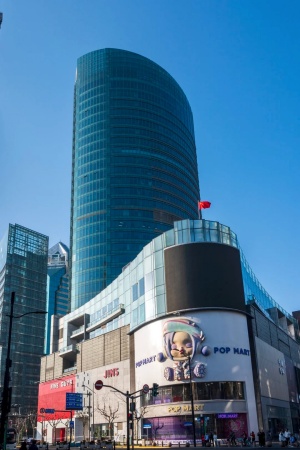
Elvis Eva
Canada
Reviewed on June 20,2025
As a solo traveler from Canada, I was nervous about navigating China alone—but this 11-day tour was PERFECT! From hiking the Great Wall at sunrise (Day 3) to gasping at the Terracotta Army (Day 5), every day delivered ‘pinch-me’ moments. The real showstopper? Zhangjiajie’s Avatar Mountains (Day 7)! Our guide made the stone pillars come alive with stories.
Massive thanks for handling all logistics—bullet train tickets, entry passes, car! And the 4-star hotels surprised me.
Destination(s):
Beijing Xian Zhangjiajie Shanghai
Date of
Experience:
June 02,2025

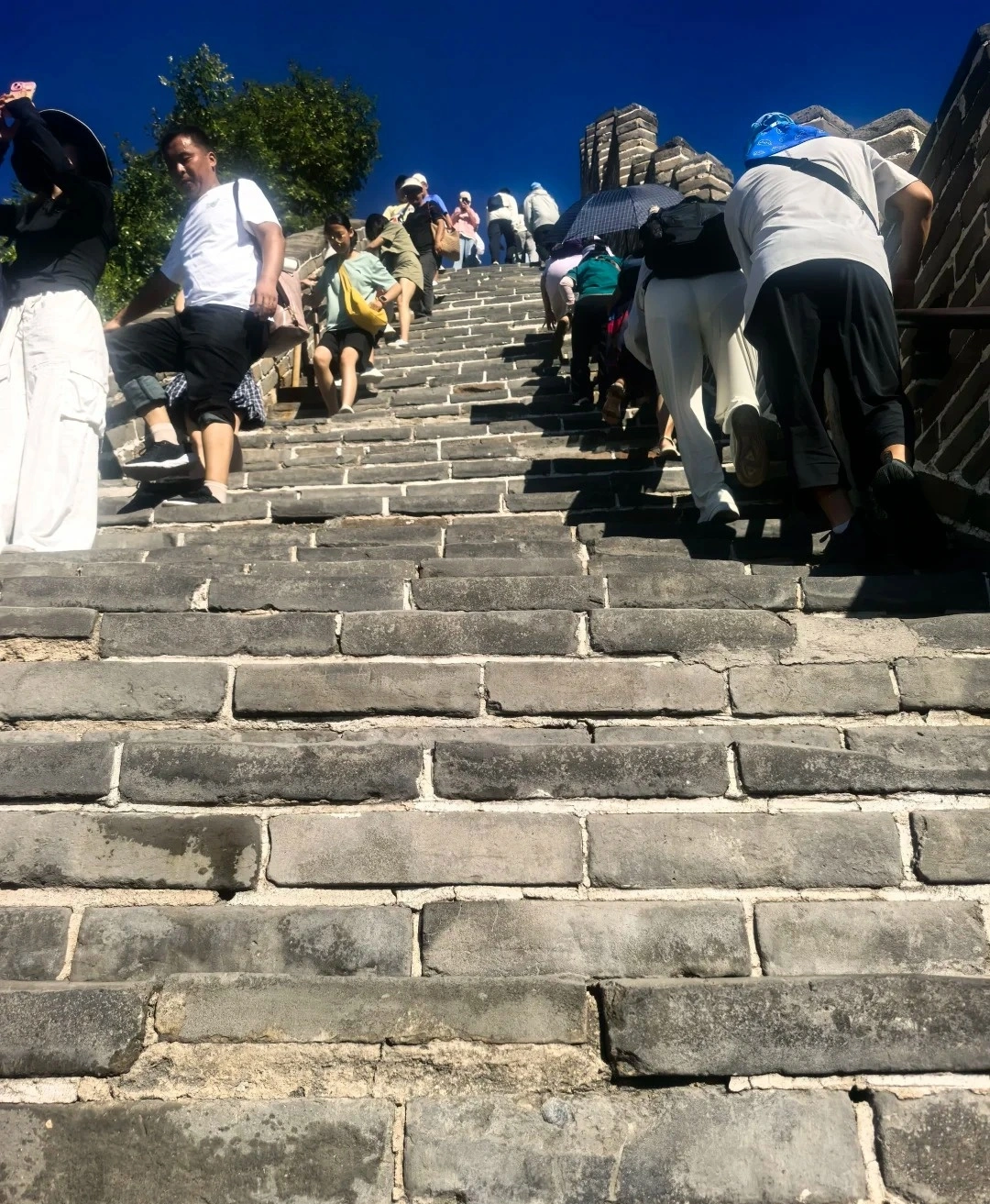
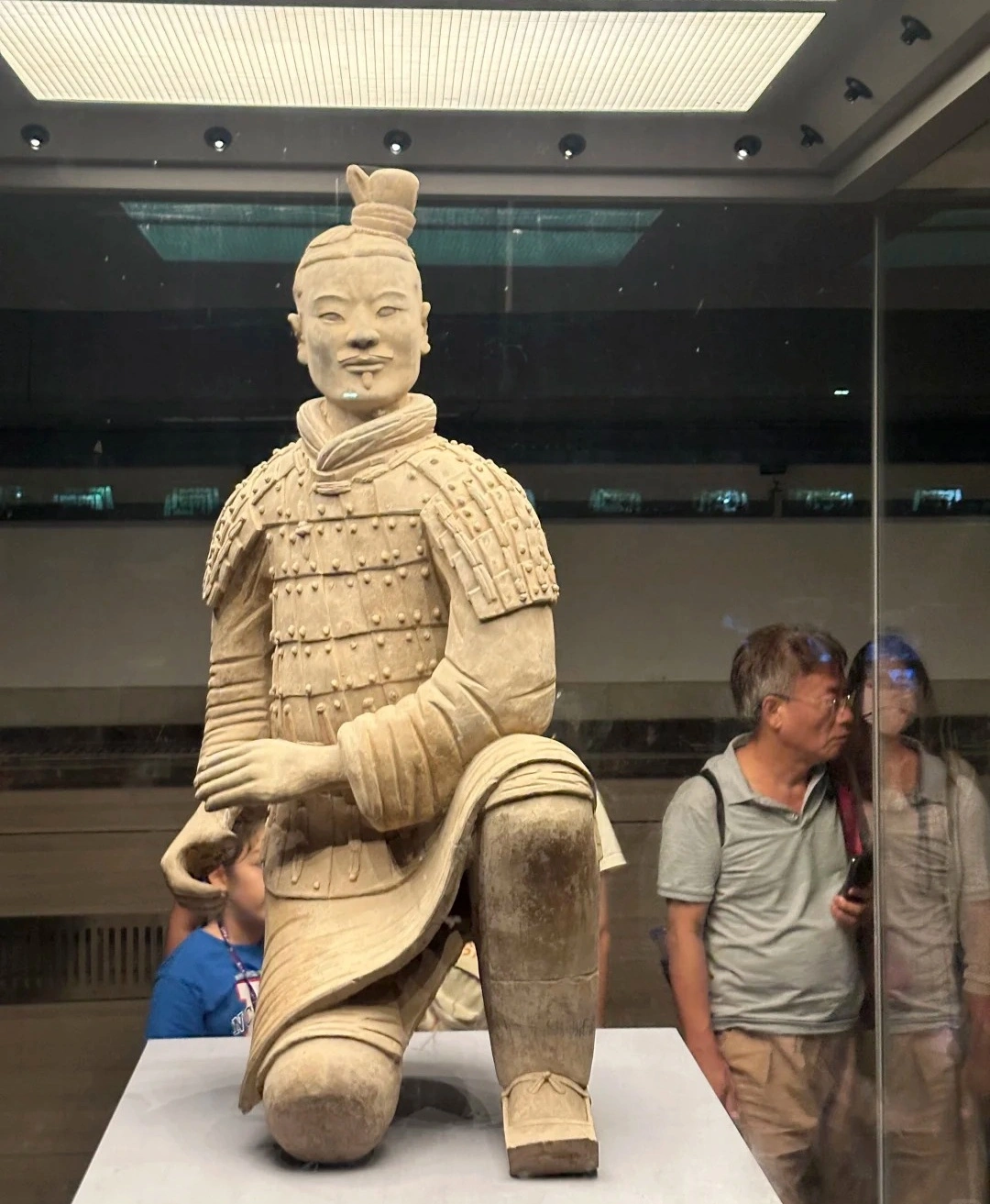
Simon
America
Reviewed on May 29,2025
Our 2-day Zhangjiajie tour was beyond spectacular! As someone who’s visited Beijing and Shanghai for work, this trip revealed China’s wild, magical heart. Day 1 in Zhangjiajie National Forest Park felt like stepping onto Pandora—I’m a huge Avatar fan, and Yuanjiajie’s floating peaks left me breathless. The misty pillars and lush valleys like pure movie magic!
Then came Fenghuang Ancient Town, we eat dinner beside the thundering waterfall. It seems Unreal! The night views of stilt houses glowing over the river were straight from a fairy tale.
For fellow Avatar lovers and adventure seekers: Don’t miss this bucket-list experience! 10/10 would return.
A Well-Traveled Film Buff, May 2025
Destination(s):
Zhangjiajie
Date of
Experience:
May 08,2025



